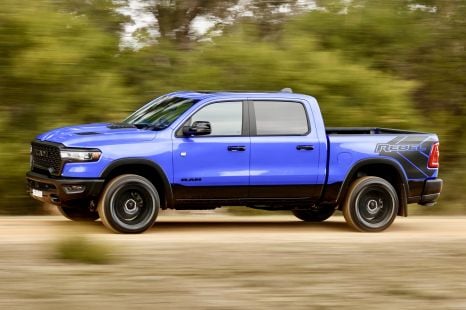

Max Davies
2026 Ram 1500 Rebel review
5 Days Ago

Marketplace Journalist
Toyota is on the receiving end of a class action lawsuit in California, with owners of the hydrogen-powered Mirai claiming they were misled about the state the infrastructure to support refuelling when buying their cars.
The Los Angeles Times reports more than “two dozens” plaintiffs have joined the lawsuit, which has been spearheaded by motorists who purchased Toyota’s hydrogen Mirai under the pretence hydrogen refuelling would be convenient and accessible within California.
Californian lawyer Nilofar Nouri reportedly claims Toyota salespeople told buyers that hydrogen stations were “convenient and readily available”, which turned out to be “far from reality”.
Toyota told the LA Times it was “committed to customer satisfaction” and would continue to evaluate “how to best support its customers”, while responding to the lawsuit’s allegations “in the appropriate forum”.
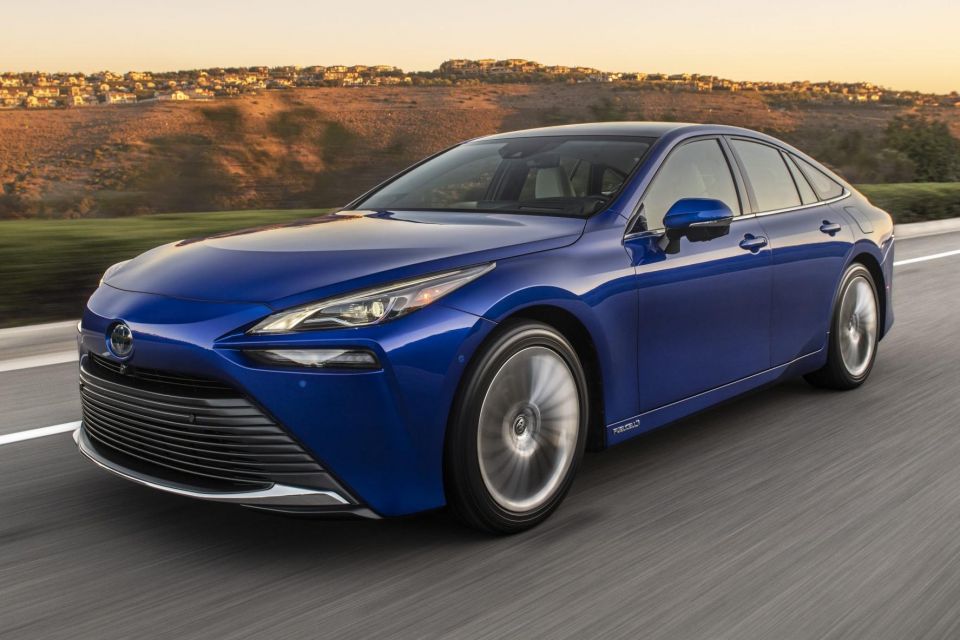
Hydrogen fuel cells vehicles (FCEVs) are a key factor in the state’s decarbonisation plan, as the California Air Resources Board (CARB) projects more than 10 per cent of new cars sold in 2035 will be FCEV.
For context, 1.78 million new vehicles were sold in California last year, which would mean 356,000 fuel cell vehicle sales to meet the 20 per cent projection.
However, sales of FCEVs are declining in California. In the first half of last year, the LA Times reports 1765 FCEVs were sold on the way to the year’s total of 2968. In the first half of this year, that number has shrunk to just 298.
The publication attributes the decline to the stalling of California’s hydrogen rollout plans, which are currently well behind the initial plan of 200 refuelling stations up and running by 2025.
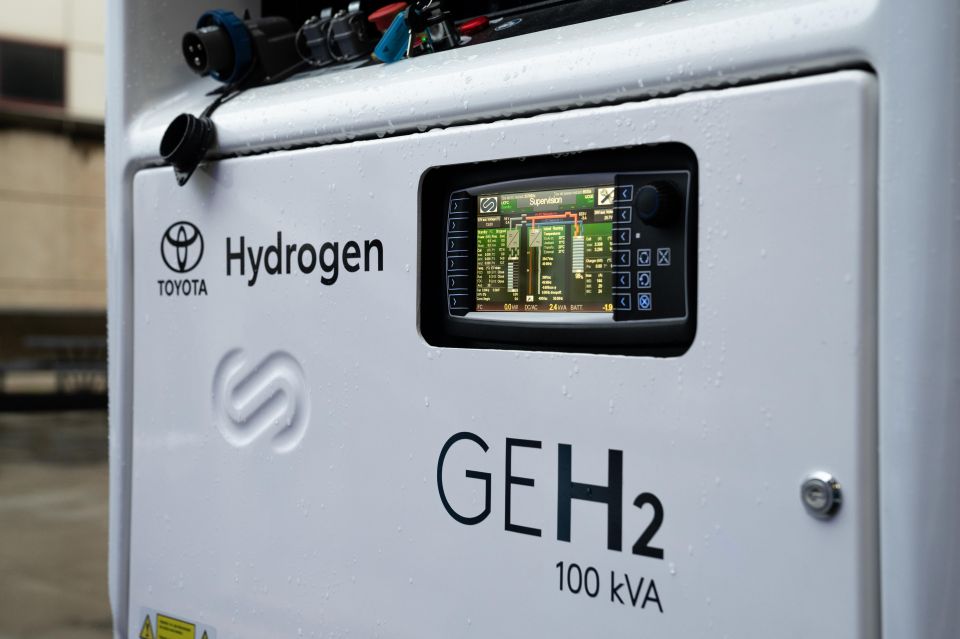
In 2006, there were 20 hydrogen stations operational in the state. In 2024, that number has grown to just 56 despite US$260 million (A$392 million) in funding being poured into the rollout of more refuelling stations in the state.
Though there are a select few manufacturers investing in hydrogen tech in the US (namely Toyota and Hyundai), it’s not their responsibility to build hydrogen stations.
The LA Times reports the money awarded to the hydrogen refuelling companies largely comes from transportation fees paid by vehicle owners in California, though they did contribute some of their own money.
A blow to the industry came earlier this year, when energy giant Shell made the decision to close all of its Californian hydrogen refuelling stations amidst falling demand for FCEVs.
The company was the first to open a US hydrogen station in 2005, and it was last year awarded US40.6 million (A$62.2 million) in government funding with plans to build 48 additional stations in California. Those plans were cancelled as a result of the brand’s hydrogen exit.
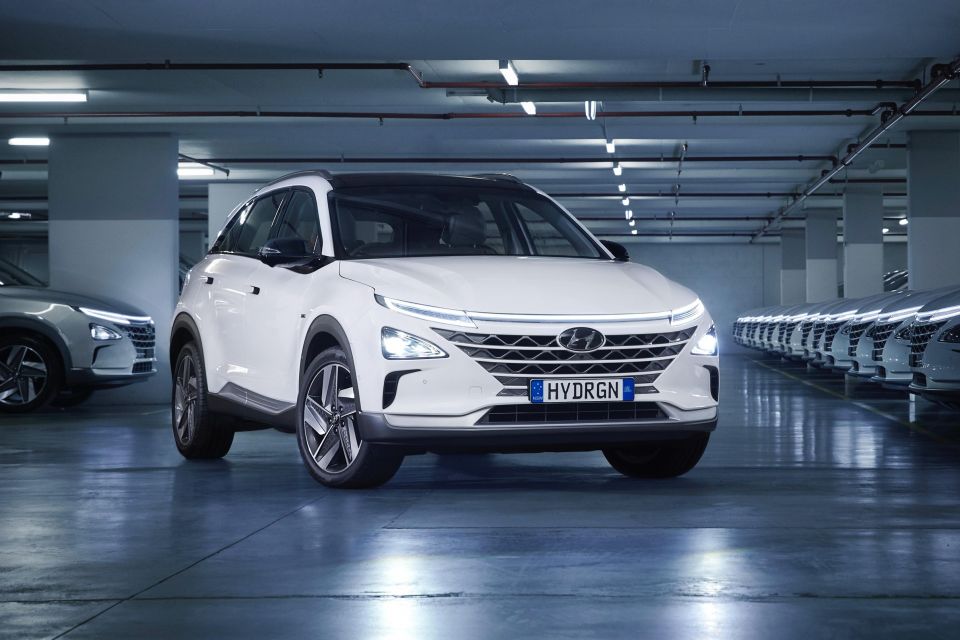
While demand falls for fuel cell vehicles, the LA Times reports carmakers like Toyota and Hyundai are the hardest-hit of anyone, as they were depending on the expansion of stations to drive sales.
They each give new FCEV owner a debit card for refuelling worth US$15,000 (A$22,600), though increasing hydrogen prices has reportedly cut the value of the cards by more than half.
California isn’t the only place hydrogen is declining, with six new FCEVs delivered in Australia last year – four Toyota Mirais and two of Hyundai’s Nexo FCEV.
Both vehicles are not sold to the public and are only available on lease deals to organisations approved by the manufacturers, and have access to the fewer than 10 refuelling stations located across New South Wales, Victoria, Queensland and the Australian Capital Territory.
The six FCEVs sold in Australia last year represented a 60 per cent decrease on 2022, and a stark contrast to the 161 per cent rise in EV sales, with 87,217 new battery-powered vehicles registered in 2023.
MORE: Another blow for hydrogen power as energy giant closes refuelling stations
Where expert car reviews meet expert car buying – CarExpert gives you trusted advice, personalised service and real savings on your next new car.
Max Davies is an automotive journalist based in Melbourne, Australia. Max studied journalism at La Trobe University and stepped into the automotive world after graduating in late 2023. He grew up in regional Victoria, and with a passion for everything motorsport is a fan of Fernando Alonso.


Max Davies
5 Days Ago
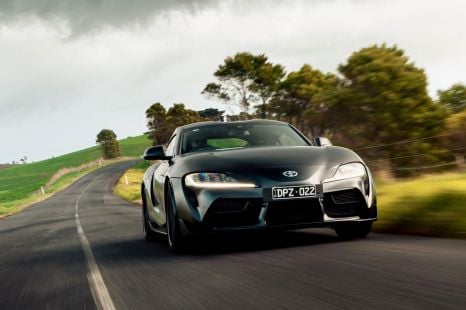

Max Davies
4 Days Ago
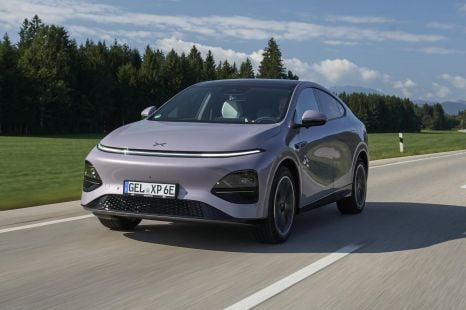

Neil Briscoe
3 Days Ago
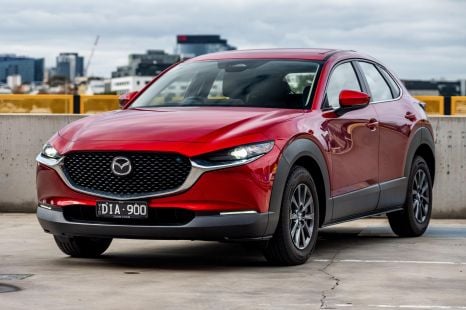

Max Davies
2 Days Ago
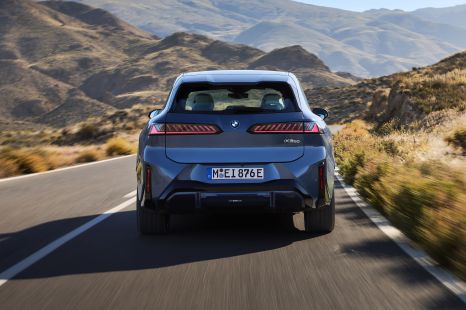

Alborz Fallah
17 Hours Ago
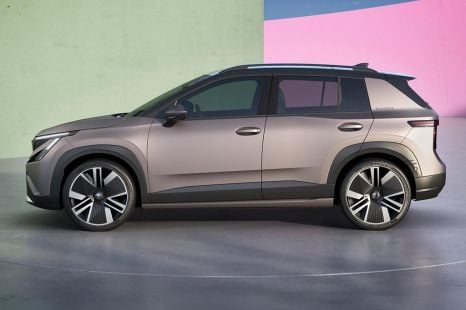

Damion Smy
17 Hours Ago